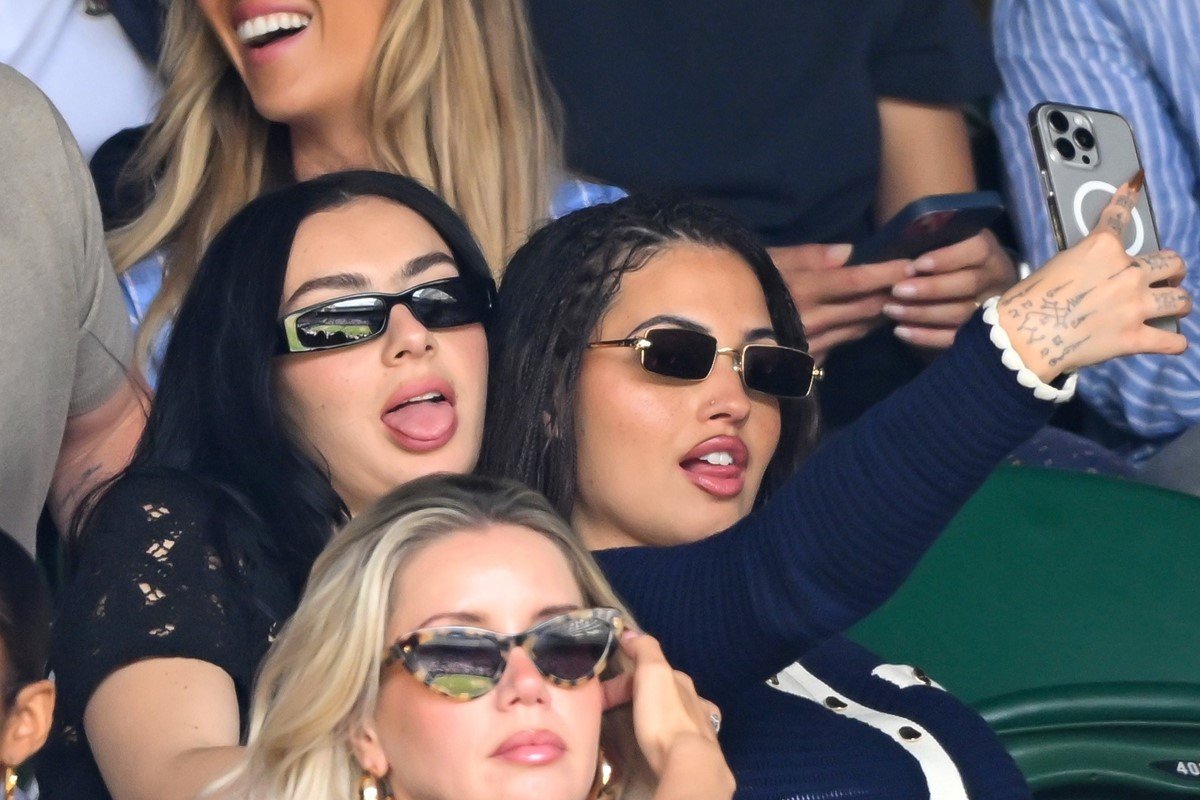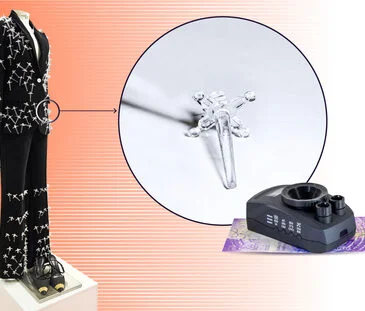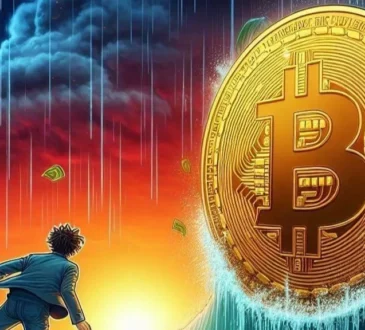The world’s gone slime green, and at this point, there’s little doubt that Charli xcx’s Brat is the biggest album of 2024 so far. You can bet that music industry execs everywhere are dissecting its rollout: noting how the production, lyrics, marketing, artwork have snowballed into this cultural phenomenon (to the point where even M&S and the Democrats are trying to get in on the action). Central to it all, though, is the idea of Charli as a living, breathing, flawed human being (see: pages of her diary as merch and resolving conflict on a remix). It feels purposefully unmanufactured, with a core sense of authenticity – of spontaneity, even.
Realness and relatability are everything in music at the moment. They’re in the ascent of Raye, per her narrative about being mistreated by her former label, of PinkPantheress, the bedroom producer whose first performances saw her handbag nonchalantly slung around her shoulder, and the girl band Say Now (FKA needanamebro), their changing moniker one example of this. It’s in the continuous industry plant debates, and the ‘my label forced me to make this promotional video’ TikToks. Presentations of just being some guy are everywhere: when Fred Again, Skrillex and Four Tet walked out on stage for their Coachella closing slot, they were swigging from beer bottles, with the latter clutching a tote bag that looked like his grocery shopping.
All this makes sense: people like celebs they can relate to, and the music industry likes a marketable narrative. Charli herself acknowledged this, stating in a recent interview that “authenticity is such a tool 1723146882”. This record isn’t the first time she’s been unapologetically herself – 2020’s how i’m feeling now was an emotionally raw record, and Brat builds on that with stream-of-consciousness singing about whether she feels ready to have a child (“I think about it all the time”) or feels embarrassed calling up the paparazzi (“Rewind”). That realness, though, has been meticulously crafted, by her own admission: “This campaign is so good because we’re so fucking bullish and laser-focused on every single fucking thing,” she told GQ. “I’ve had hour-long discussions about the positioning of font or like what I’m gonna post on fucking Instagram… There’s no weak shit going on.”
“[Charli] didn’t fit into the pop mould when she started out, so she reshaped it” – Michael Cragg
“The double whammy of Britpop followed by a Spice Girls-endorsed explosion of manufactured pop in the 90s helped calcify what authenticity meant in the UK as that decade slid into the 00s,” says music journalist Michael Cragg, author of Reach for the Stars: 1996–2006: Fame, Fallout and Pop’s Final Party. “Put crudely, men with guitars equalled authentic, and true to their ‘craft’, while anyone connected with the pop world was a fraud, and insincere, while the passion they had for entertaining their fans made them inauthentic.” The arrival of poptimism, he says, caused a shift – meaning fans largely led how pop was viewed and critiqued.
“As social media has effectively replaced most other forms of artists communicating with their fans, authenticity now relates more to your actual personality, the personality you communicate online, and how both connect to the music you make,” he continues. “If you’re making club-based dance pop but look like the last place you’d want to be is a club, then fans can sniff out that disconnect and the facade slips.”
it will never not be wild to me how charli’s plan completely worked out. charli released CRASH as her “sellout popstar” album and sure it gave her a rise in popularity to an extent, but charli being her authentic self with BRAT is where the people really came to care. pic.twitter.com/shR6842Fy0
— nathan knows heaven
𐚁 (@SOLARTWIGS) July 24, 2024
The album rollout has seen Charli finesse the party girl character that she so clearly is in real life (despite some fans being scandalised that a track with the lyrics “shall we do a little key shall we have a little line?” is actually about doing drugs). Charli’s authenticity is even baked into the production on the album: “It is important to have this human mistake element happening in the tracks, because that very much goes with the ethos of the record,” Charli told Tape Notes. The publicity run has also seen her be honest about the fact that her voice isn’t as popstar-ready as some might expect: “I drink and I smoke and I use Autotune,” she laughed on the podcast episode. For Cragg, Charli has nailed authenticity as “she’s never really wavered from who she is and the times she has, it’s felt inauthentic. She didn’t fit into the pop mould when she started out, so she reshaped it.”
Where artists being authentic can become tricky, though, is where it comes off as a pretence, and fans – who are very adept at sussing this out – can easily be put off by this. Although Mickey Mouse Club or X Factor-constructed artists might seem like a distant memory, assembly line pop is still eagerly received, in the world of K-pop, for example. But equally, it feels harder for artists to release a piece of work these days that isn’t a raw portrayal of their deepest fears, or accompanying a rollout of TikTok trends. This idea was echoed by music publicist Tomas Fraser in a series of posts on X. Many artists are struggling to break, he claimed, due to “music becoming secondary to content [and an] accompanying ‘story’”. This leads “to a market dominated by content-first records that people associate with moments in their own lives, as opposed to viewing them as art made by artists.”
Artists might (understandably) despair at this fact, but filming an engaging story time on TikTok or being funny online can connect you with a wider audience than creating a banging track these days. Your content doesn’t even need to be polished, as Head of Instagram’s Adam Mosseri stated recently in a Reel aimed at creators, arguing that a slickly edited look isn’t necessarily the goal: “it might make your content a lot less relatable,” he said. Charli clearly has the budget to commission a fashion photographer for her artwork, but it’s telling that she went with a colour block and blurry font.
We now live in an attention economy, and artists have to be smarter about how they harness that – whether through social media virality, baring their soul on record, or the commitment to anonymity or piss-taking (à la Two Shell). Many musicians are finding new ways to connect with fans these days, whether that’s through book clubs, newsletters or fan Whatsapp groups – all being communities that allow them to demonstrate their authentic selves.
Though it might come with certain drawbacks, this shift towards greater authenticity could be a beneficial move for artistry. “I think the niche is being rewarded now,” Charli told Annie Mac and Nick Grimshaw. “And so I feel more than ever I’m being praised for being myself. But that definitely wasn’t the case for a really long time. It was like, ‘Oh, you probably shouldn’t do that, because it’s not very likeable,’ or ‘Your hair isn’t straight enough, you’re not smiling enough’, all these things that feel very anti-artist, in a way.” If artists are being encouraged to be themselves, then maybe we can hope to see even more boundary-pushing records, like BRAT, entering the mainstream.




